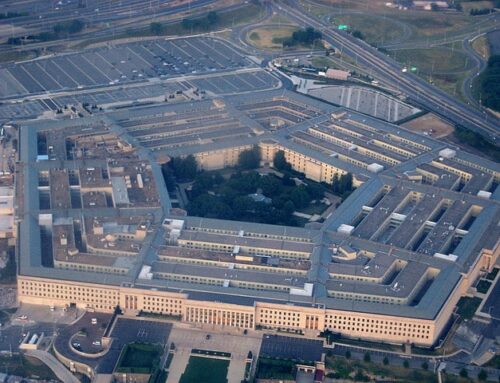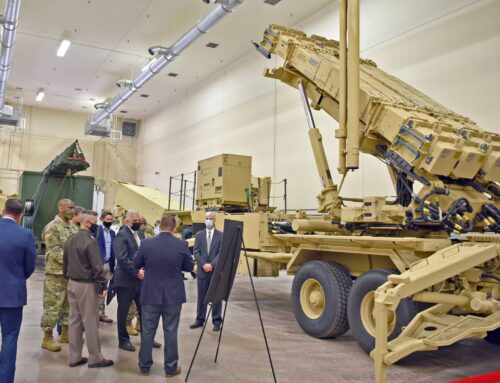Nuclear weapons labs and the Senator who loves them closed a chapter yesterday when the Senate cut funding for a controversial program to build new warheads. By eliminating funding for the Reliable Replacement Warhead (RRW) at its markup of the FY 2009 Energy and Water appropriations bill, the Senate Appropriations Committee essentially quashed the Bush administration’s attempt to manufacture the first U.S. nuclear warhead in 20 years.
Along with the sprawling yet vague “Complex Transformation” program, RRW was the administration’s answer to the question of how to shape the post-Cold War identity of the nation’s nuclear weapons complex. By cutting money for the programs, Congress deferred the question to the next administration, which will have to craft a new strategy to inform decisions about the future of the US nuclear stockpile and national laboratories.
RRW initially won congressional champions such as Peter Visclosky (D-IN) and David Hobson (R-OH), the current and former chairmen of the House Energy and Water Appropriations Subcommittee. DOE argued that plutonium in the older warheads was degenerating, but Congressional support fell away when the claim wasn’t backed up by independent scientists, and estimates for the program’s cost reached $100 billion. Both chambers eliminated funding for the program last year after appropriating $60 million in previous budgets.
RRW wasn’t the only ending the markup commemorated: It was also the last subcommittee meeting for Ranking Member Pete Domenici (R-NM), who is leaving the Senate after 36 years in office and 25 years on the committee. During his tenure, Domenici directed hundreds of millions of dollars toward nuclear research, particularly at New Mexico’s Los Alamos and Sandia national laboratories. Domenici chose to go out on a high note, bowing to numerous standing ovations and forgoing an amendment to add back money for RRW.
Domenici was likely consoled by the more than $2 billion he secured for nuclear weapons activities at the labs—a rebuke to the House Energy and Water Committee, which cut funding for weapons programs by nearly $600 million last month. Given the likelihood that Congress will use a continuing resolution to fund the government’s operations in FY 2009, however, a major showdown over lab funding is unlikely.











Get Social